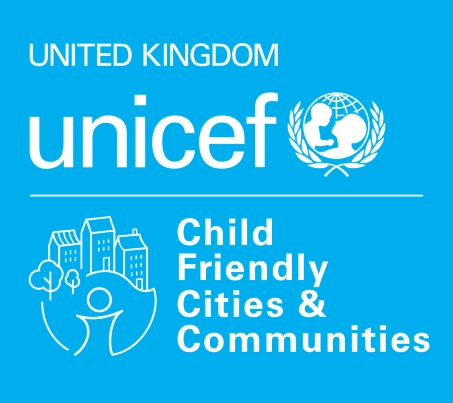
Bridging the digital divide
through children's rights
The fallout from Covid-19 shone a light on an issue that long pre-dates the pandemic: the digital exclusion of children and young people across the UK.
As the UK plunged into lockdown in spring 2020, the world shifted rapidly online. From school lessons to healthcare, court hearings and social care support, even socialising with friends and family; taking part in daily life suddenly depended on access to the internet.
Yet shocking levels of digital exclusion in the UK – whether not having access to a digital device, a reliable internet connection, or the skills and confidence to use technology – meant children from the most marginalised groups were unable to engage in this new digital world, and fully exercise their rights to an education, to information, to be heard, or to leisure and play.
8%
of children aged 5-15 do not have any access to an internet-enabled desktop computer, laptop or notebook at home
62%
of children aged 5-15 do not have their own internet-enabled desktop computer, laptop or notebook at home
Councils taking part in the UK Committee for UNICEF (UNICEF UK) Child Friendly Cities & Communities programme ran initiatives throughout the pandemic to bridge this digital divide.
And, in an increasingly digital world, continue to look to children’s rights to prioritise and guide this important work.
With support from the Liverpool Chamber of Commerce, Liverpool City Council launched Devices and Dongles, an initiative that called on businesses to donate unwanted laptops and tablets (less than three years old), or sponsor Wi-Fi dongles and data packages, so that disadvantaged children could continue their education from home.
Recognising that digital inclusion also includes developing digital skills, the council set up a dedicated page on its website with free online resources and courses for the community to improve their digital skills, stay safe online or even just learn the basics.
In the London Borough of Redbridge, the council launched a crowdfunding campaign, Making IT Happen, to ensure that all children and young people in the borough had access to laptops to study at home. Once a child no longer needed the device it was returned to their school, meaning it not only supported the child at the time, but will continue to support more children and young people in the future too.
Cllr Elaine Norman, Cabinet Member for Children and Young People, said: “Children have suffered due to the pandemic. They’ve had to put up with so many changes while also worrying about the impact on their education.
“No child under our watch will be deprived of the equipment and support they need to maximise the full experience of their education.”
Between May 2020 and March 2021, Cardiff Council distributed 20,017 devices and 2,491 4G mobile broadband devices to children and young people to support their online learning. In addition, every teacher was supplied with one of 3,200 laptops.
This year, a further 6,100 pupil devices will be distributed to schools and 600 additional laptops for use by teachers and teaching assistants, supporting Cardiff’s commitment to addressing digital deprivation across the city.
Cardiff Council’s Deputy Leader and Cabinet Member for Education, Employment and Skills, Cllr Sarah Merry said: “Since the start of the pandemic a dedicated project team has worked with our schools to identify those pupils who are digitally disadvantaged to make sure they have the appropriate digital provision so that they can continue with their learning at home.
“The rollout of devices is still ongoing and supports Cardiff’s wider long-term IT strategy to provide every child with the appropriate connectivity; an ambition which has been propelled by Covid-19.”


